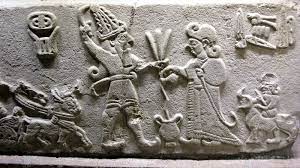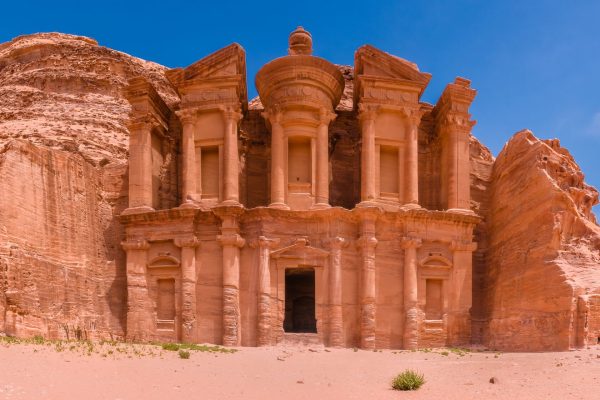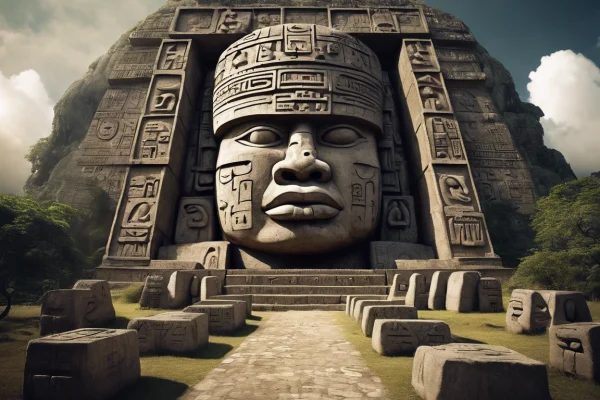
Ancient Maritime Trade in the Indian Ocean: The Forgotten Empires of Africa and Arabia
Discover the forgotten empires of Africa and Arabia that played pivotal roles in ancient maritime trade across the Indian Ocean. Explore how the Kingdom of Aksum, the Swahili city-states, and Arabian kingdoms like Saba and Himyar contributed to the thriving commerce, culture, and technological advancements of this vast trade network.
















